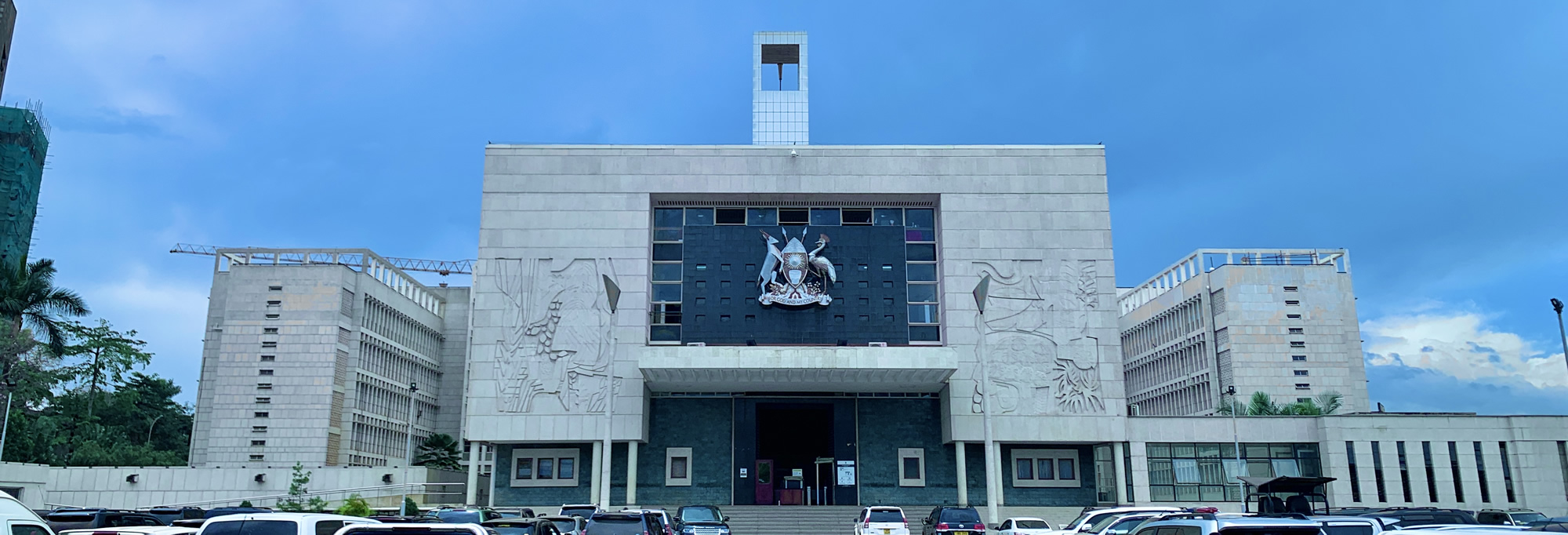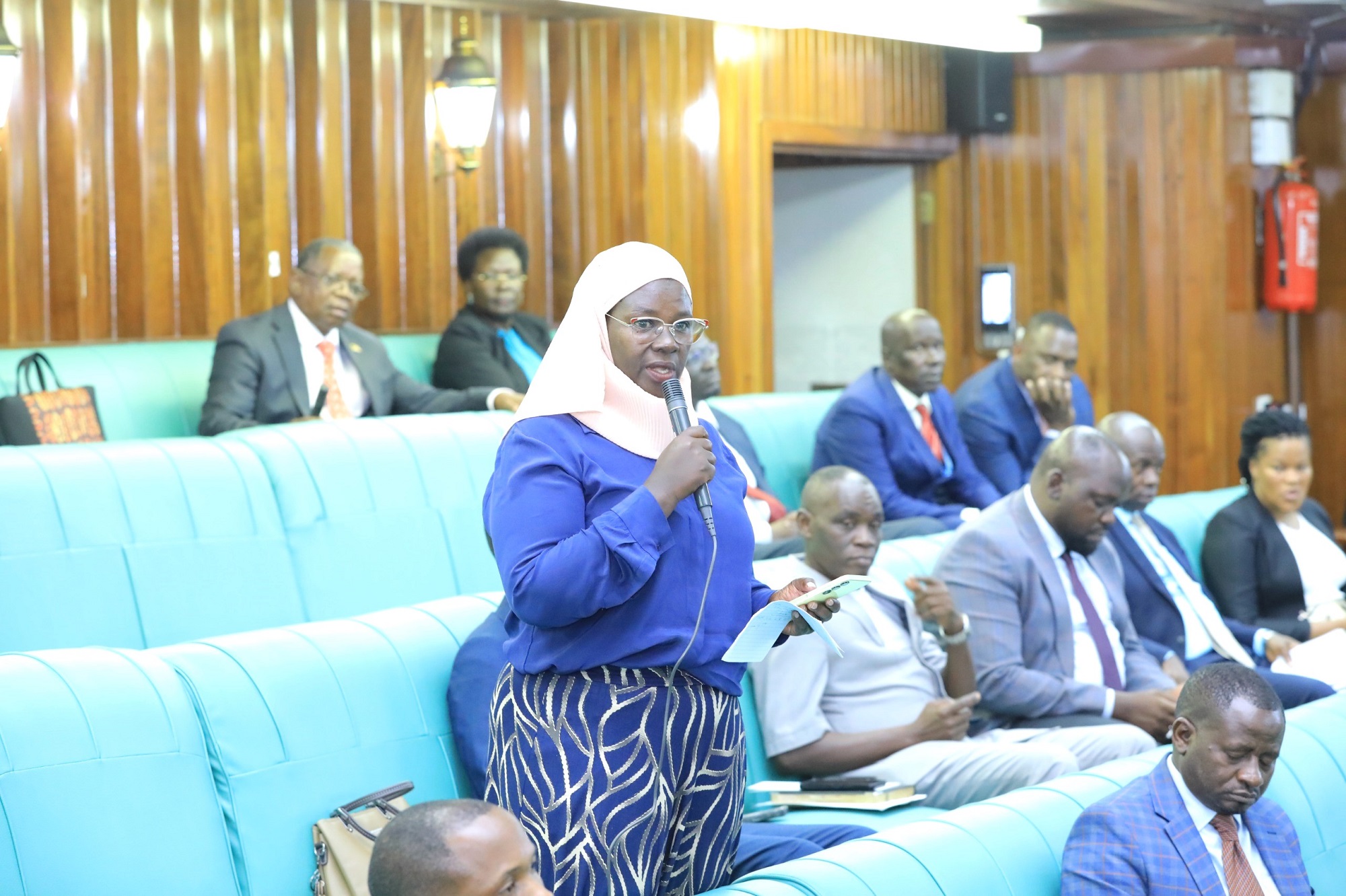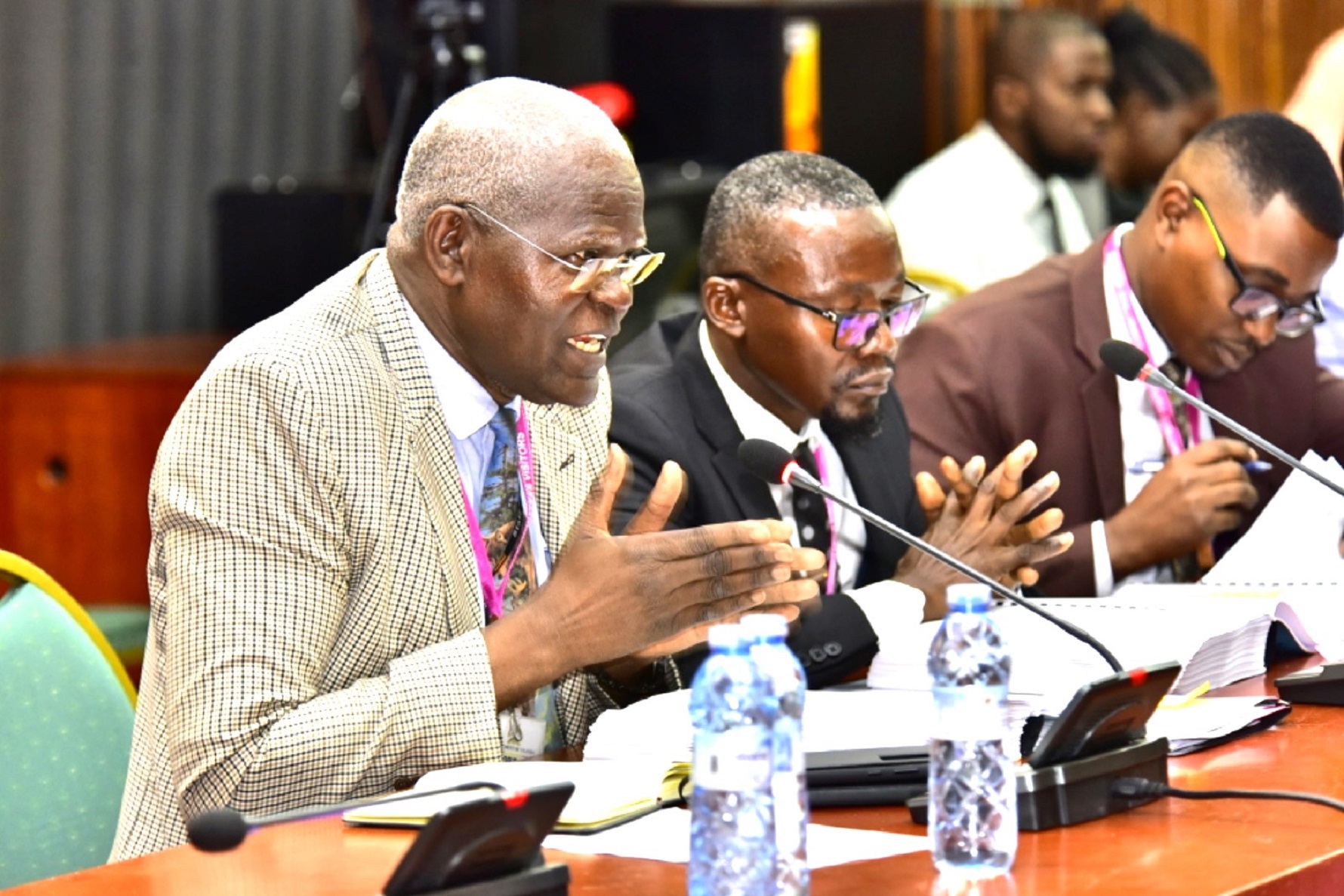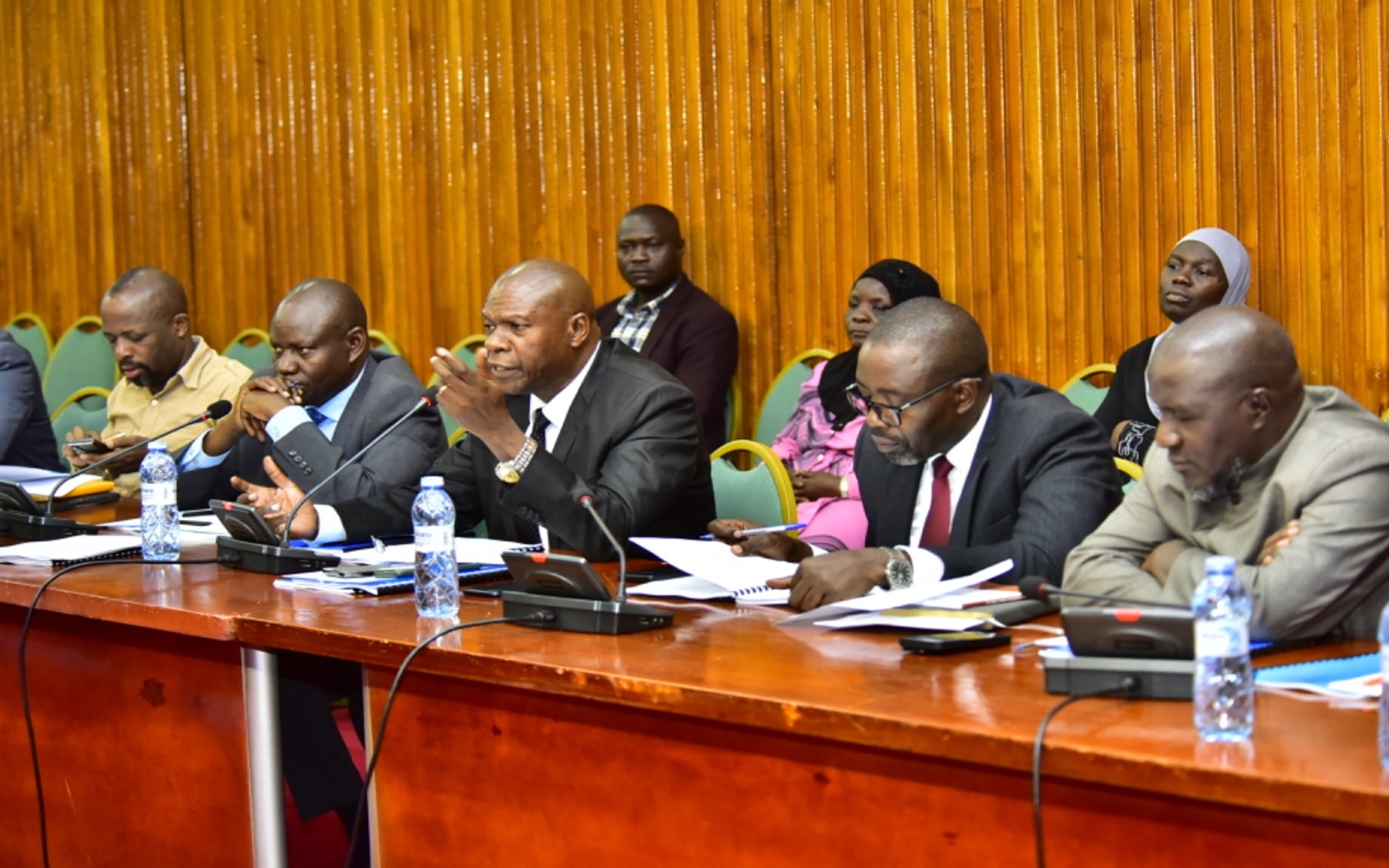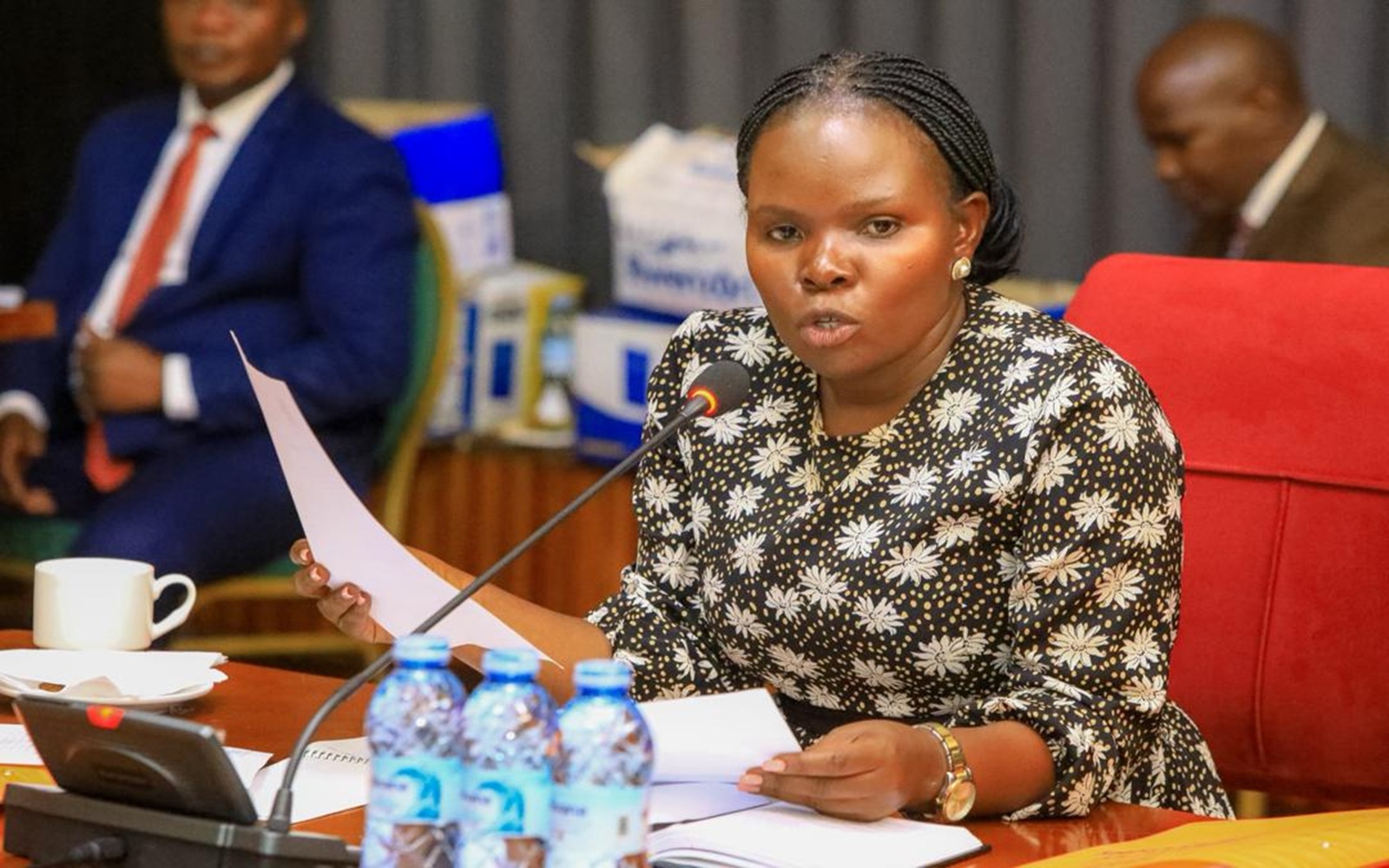The Public Accounts Committee on Commissions, Statutory Authorities, and State Enterprises (PAC-COSASE) has raised concerns over the mismanagement of salary payrolls across various government ministries and departments.
The queries were contained in a report presented to the House during a plenary session chaired by Speaker Among on Thursday, 17 October 2024.
According to the report, an audit conducted by the Auditor General on the financial statements of 13 ministries, departments, and agencies (MDAs) revealed that salary payrolls for the past four financial years, from 2019/2020 to 2022/2023 exhibited inconsistencies in employee details, such as names and personal data, which were not aligned with the information recorded by the National Identification and Registration Authority.
The report pointed out that certain agencies lack approved staff establishment structures, impairing effective human resource planning.
Furthermore, some staff had been in acting capacities beyond the recommended period, demotivating those in such positions and creating capacity gaps.
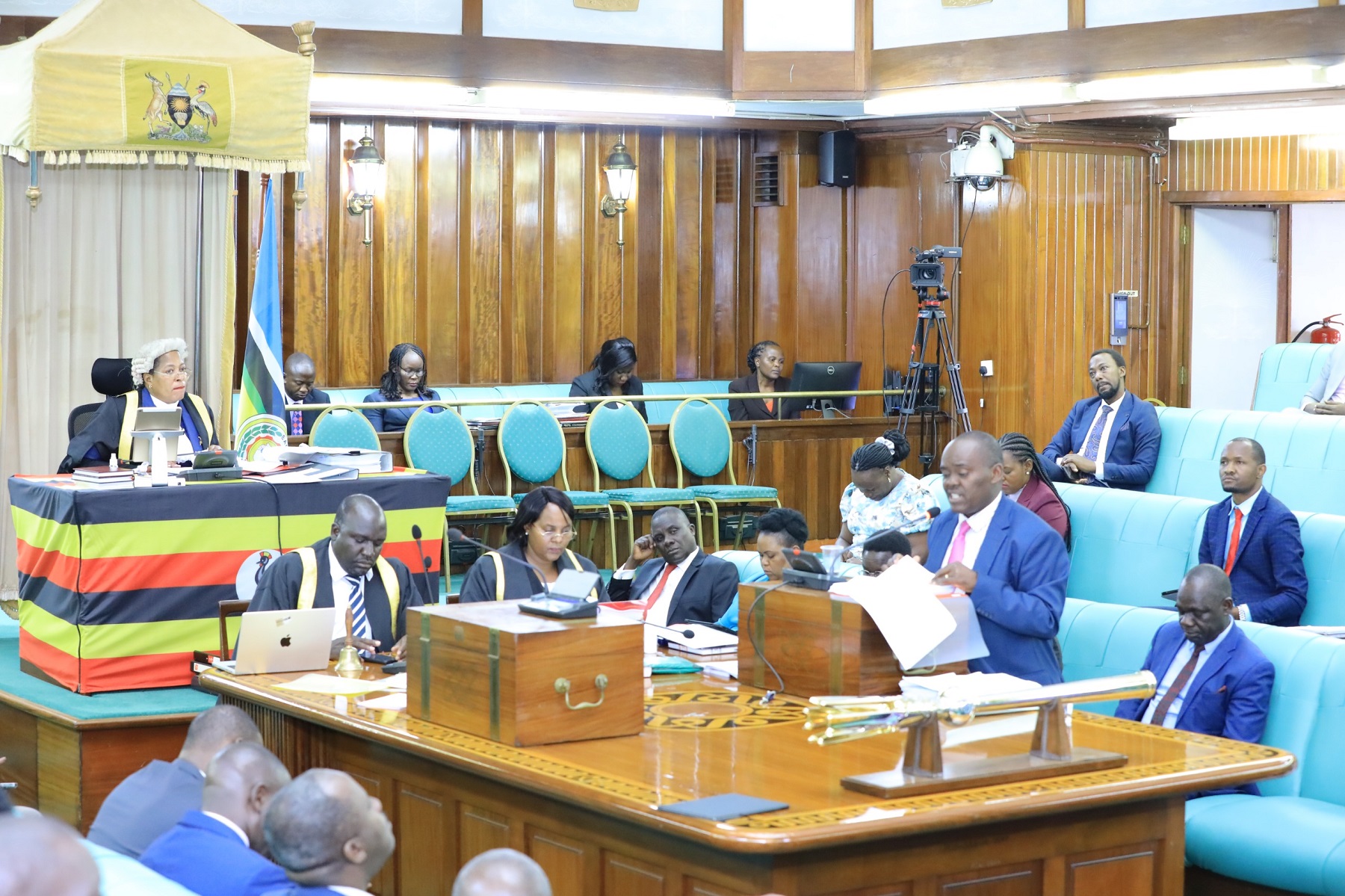
Hon. Medard Sseggona Lubega, the committee chairperson said that the discrepancies undermine employee credibility and risk retaining staff on payrolls beyond retirement age.
Additionally, accounting officers indicated that the review of staff establishments was hampered by the ongoing rationalisation of government agencies.
“The discrepancies in salary payments were found, with several staff at the Uganda Printing and Publishing Corporation paid using incorrect scales, leading to over payments totalling Shs2.029 million,” he said.
The committee also discovered that some agencies consistently over or under-budgeted for their employee wage bills, with others overpaying staff compared to allocations.
For instance, a review of the Financial Intelligence Authority revealed an overestimation of wage costs amounting to Shs16 billion.
It was also noted that some staff received pay increases after the financial year commenced, with several entities conducting staff validation exercises to update employee lists and reconcile payrolls.
The committee emphasised that failure to maintain accurate staff records puts employees at risk of losing benefits upon exiting service. Furthermore, the inability to absorb the entire wage bill restricts resources that could otherwise be utilised for service delivery.
“Additionally, the tendency to exceed the approved wage budget without proper approvals is irregular and violates the Public Finance Management Act of 2015,” the report stated.
COSASE also noted that several entities were not fully enrolled in the Public Service Integrated Personnel and Payroll System, which resulted in disconnected human resource data. These entities included the Local Government Finance Commission, Uganda National Roads Authority, and Financial Intelligence Authority.
Hon. Xavier Kyooma, the MP for Ibanda County North expressed concern over warranted funds received by MDAs. He queried why some parts of the warranted funds are received but when it came to utilisation, none of the outputs implemented.
“And by proportions you will find that what is not implemented is more that the funds that were not received. We need to be careful and make recommendations for funds received and not implemented to be refunded to the Consolidated Fund,” he said.
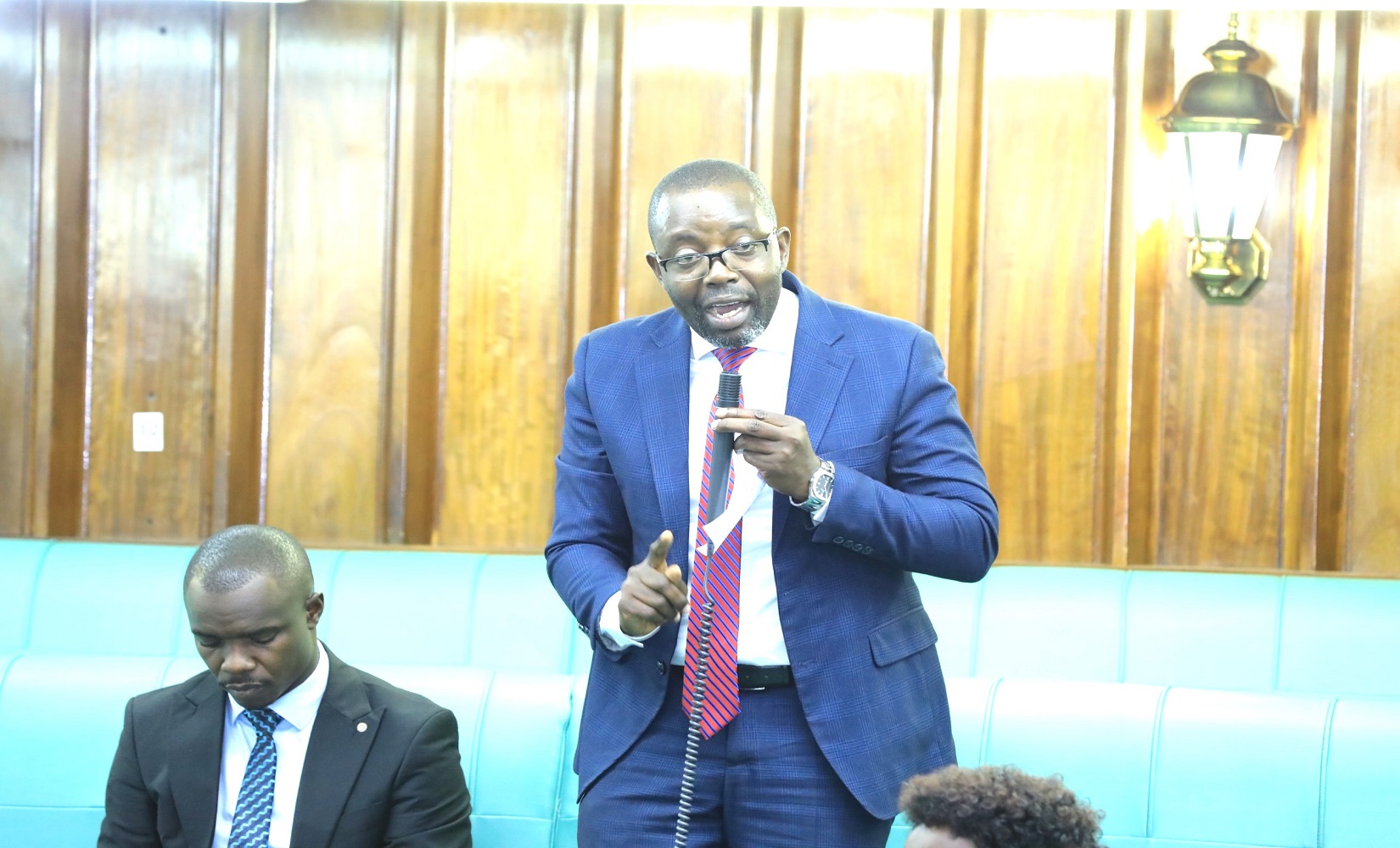
Hon. Aisha Kabanda, the District Woman Representative for Butambala appealed to government to prioritise matters of urgent public concern with the monies that have not been used and proposed that such monies can buy heavy duty equipment used during emergencies instead of expensively hiring the equipment with reference to the recent Kiteezi landfill disaster that claimed over 30 lives.
The House unanimously seconded the motion moved by Hon. Isaac Otimgiw (NRM, Padyere County) to adopt the report with recommendations.
A total of 13 entities were included in the report namely; the Uganda National Roads Authority; Uganda Bureau of Statistics; Uganda Property Holdings Limited; Financial Intelligence Authority; and the Uganda Human Rights Commission.
Other agencies involved in the audit were the National Enterprise Corporation; National Children Authority; Uganda AIDS Commission; Local Government Finance Commission; Uganda Printing and Publishing Corporation; Electricity Regulatory Authority; and Uganda Electricity Transmission Company Limited.
